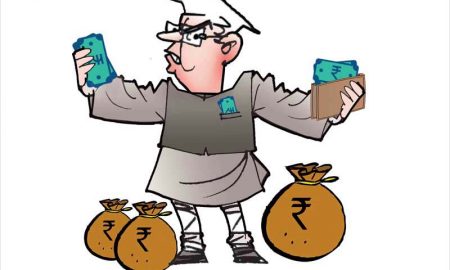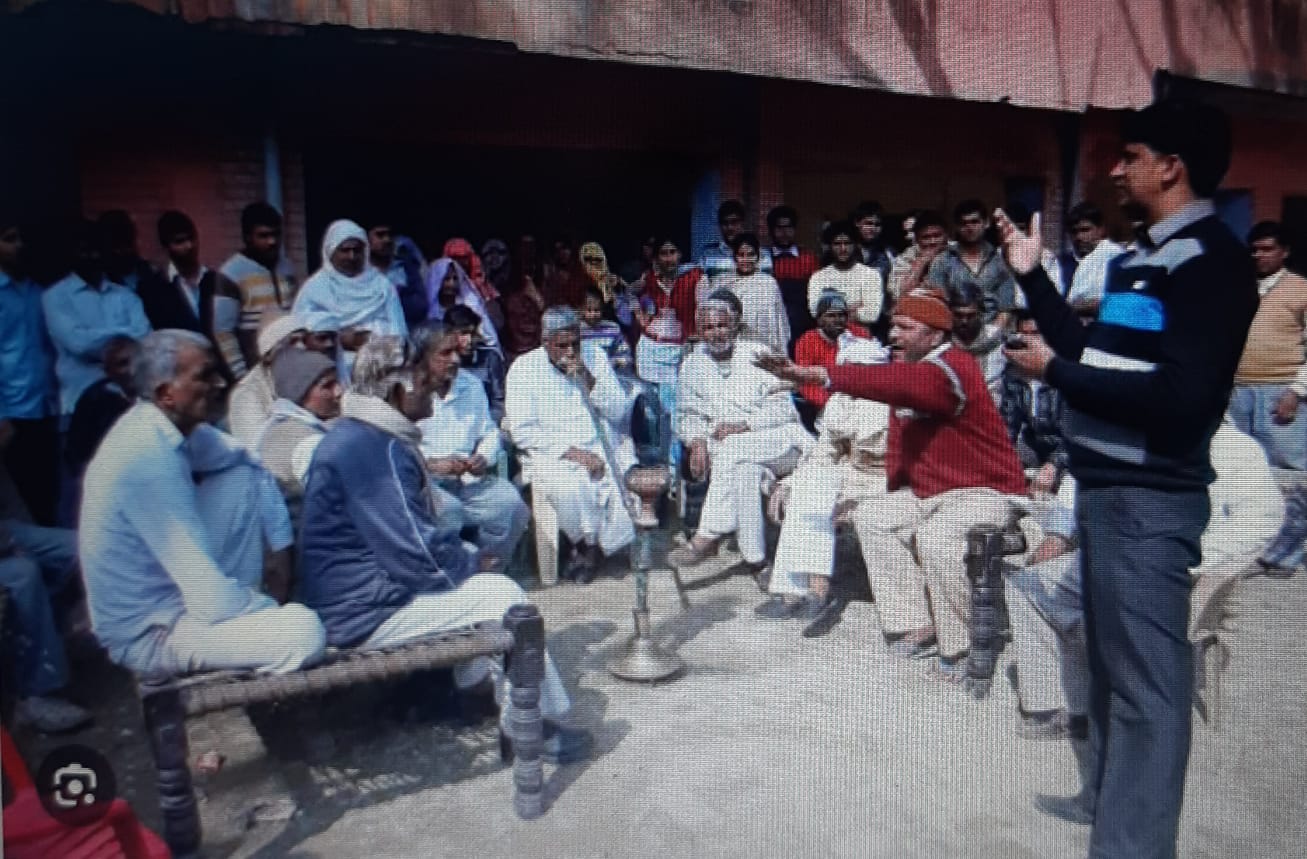
India as a country, cannot go far unless the work culture in all the organs of the government changes for the better. For that to happen, political will is a must, writes former IAS officer VS Pandey
VS Pandey
These are difficult times for humanity across the globe. The coronavirus pandemic has changed the way things worked. Nobody knows for certain what will be the new normal. Even those countries who could avoid the spread of virus in their population, are witnessing economic distress due to the changing scenario globally. India, on the other hand, faces multidimensional challenges due to the rapid spread of coronavirus, the resultant economic downturn, rising unemployment and an expansionist China. These challenges have come at a time when we were already witnessing the phenomenon of slowing economic growth. These challenges are not insurmountable and will have to be faced with the coordinated effort of all organs of the state.
In a democracy, the political party in power does have the people’s mandate to rule according to the Constitution but the permanent bureaucracy and such other institutions, particularly at the higher levels cannot absolve themselves of the responsibility of ensuring that the nation is run honestly, efficiently and in a just manner. Change in the colour of the ruling dispensation should not make any difference to their defined role of providing honest and efficient governance. For this to happen, the bureaucracy needs to be led by people of courage, integrity and selfless motives.
Over several decades, due to various reasons such as political interference, caste affiliations, groupism and growing corruption, merit and integrity were often given a go by. The system slowly forgot the concept of removing the weeds from the garden and the result is in front of us. It became the norm that everyone will not only survive but also move up the ladder on the basis of seniority irrespective of their merit and integrity. This has cost the nation dearly. Nothing would get done on its own without recommendation or a bribe. Implementation of various governmental policies and delivery of the schemes launched by governments for the welfare of common people became the biggest casualty. People lost faith in any governmental initiative to change the status quo as they became convinced that the situation would not change. Undoubtedly, India as a country, cannot go far unless the work culture in all the organs of the government changes for the better. For that to happen, political will is a must. Those serving in the top echelons of government will have to change their culture of focusing only on their self interest and survival.
History has many lessons for a nation aspiring for its due place in the comity of nations, the foremost being choosing fearless, honest, meritorious and capable people to leadership positions in the governance structure. Selfish, incompetent and corrupt advisers have always lead to the downfall of the strongest kingdoms in the past and any country following this pathway will meet the same fate. An illiterate 13-year-old Akbar went on to become one of the greatest rulers only because he had illustrious ‘navratnas’ to advise and guide him. History is replete with such examples. Chandragupta Maurya is another.
Today’s permanent bureaucracy has to understand its responsibility towards this great nation and act in the best interest of people at large. The Indian Constitution has already provided them ample job security and in my long association with civil services, I am yet to find a single, honest and well-meaning officer having had to lose his job or suffer permanent damage for performing his duties honestly. So during these trying times, all the organs of government, be it bureaucracy, judiciary, armed forces, corporations, and all the private enterprises, businesses, and others will have to work to their potential to counter the adversity facing the nation.
It is expected that the political leadership will provide a conducive atmosphere to allow the hardworking, meritorious and honest to reach leadership positions. Seniority may be one criterion to select people but to treat it as the sole criterion at the cost of merit and integrity has already caused enough damage to our administrative ethos. Similarly, short tenures at any position and particularly at the top has hindered the decision-making process and has allowed people to easily evade responsibility. This is not only true for functional and decision-making levels in the administrative structure but also for the armed forces who have the most onerous task of keeping the unity and integrity of our nation intact.
All nations have an equal potential to rise and become strong. It is political and administrative leadership which determines the future – prosperity or doom. As the famous French philosopher Sartre succinctly stated “ We are our Choices”. (Courtesy: Hindustan Times)
(VS Pandey is a former IAS officer. He retired as secretary, department of fertilisers in the Government of India)









